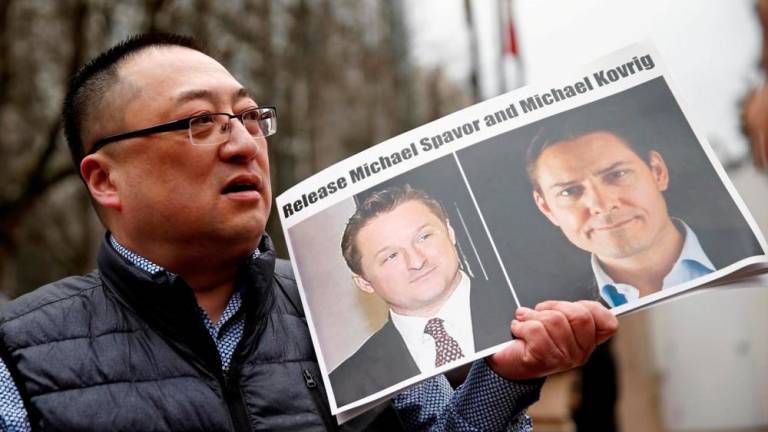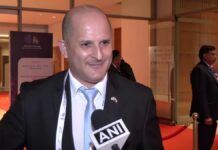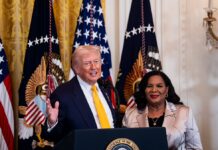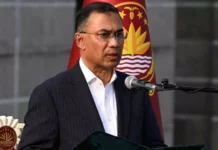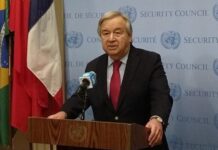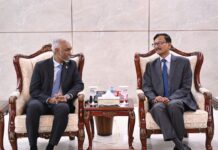BEIJING: China defended on Tuesday its year-long detention of two Canadians after Ottawa accused Beijing of “arbitrarily” arresting the men in what was widely seen as retaliation for the arrest of a Huawei executive.
Former diplomat Michael Kovrig and businessman Michael Spavor have been languishing in China’s opaque legal system since they were apprehended on December 10, 2018, just nine days after the arrest of Huawei chief financial officer Meng Wanzhou.
Canadian Foreign Minister Francois-Philippe Champagne said Kovrig and Spavor have not had access to lawyers and have been denied contact with their families since they were “arbitrarily detained”. “These two Canadians are and will remain our absolute priority. We will continue to work tirelessly to secure their immediate release and to stand up for them as a government and as Canadians,” Champagne said in a statement Monday.
The Chinese embassy in Ottawa said it had lodged an official protest with Canada and expressed “strong dissatisfaction” over Champagne’s “irresponsible statement”. Spavor and Kovrig, who were formally detained in May, have endured hours of interrogation, according to people familiar with the matter.
Messages and photos from family are read out loud to the two Canadians by embassy officials, before they are handed to Chinese authorities — who may or may not give them to the two men, the sources said.
A former Canadian ambassador said Kovrig is held in a cell with 20 inmates while Spavor is with 18 other people. “Their conditions are good. China’s judicial department strictly enforces the law and handles the case in a civilised way,” Chinese foreign ministry spokeswoman Hua Chunying said at a regular press briefing Tuesday.
Kovrig and Spavor are suspected of gathering state secrets.
The investigation has been transferred to a prosecution body, Hua said. Meng, meanwhile, is on bail, living in her Vancouver mansion while waiting for an extradition hearing in January. She is wanted in the United States on charges related to Iran sanctions violations. (AFP)

